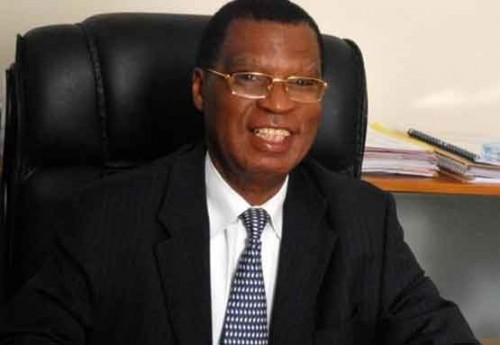 The Cameroonian government has just transferred to the public electricity dealer, AES Sonel, three thermal plants that were previously part of the Emergency Thermal Programme (ETP) put in place and managed by the government. This is what was indicated in a press release published on February 3, 2014 by AES Sonel’s Managing Director
The Cameroonian government has just transferred to the public electricity dealer, AES Sonel, three thermal plants that were previously part of the Emergency Thermal Programme (ETP) put in place and managed by the government. This is what was indicated in a press release published on February 3, 2014 by AES Sonel’s Managing Director
With this transfer, the Bamenda, Mbalmayo and Ebolowa plants will provide, as of the evening of February 5, 2014, “a supplement of 40 MW” of electricity to the southern grid, thus contributing to “a return to stability” in electricity distribution in Cameroon, after three weeks of interruptions.
According to AES Sonel’s Managing Director, the power outages, which regularly left many of the country’s towns in the dark, were due to “the occurrence of a series of incidents that affected the Songloulou, Edéa, Limbé and Kribi plants” resulting in “an imbalance between electrical supply and demand.”
Sources have said that the EPT that previously grouped four thermal plants for a total capacity of 100 MW, including the Yaoundé-Ahala facility which has a 60 MW production capacity, had not been transferred to AES Sonel. It will therefore continue to be managed by British company, Aggreko.
The plant transfer should provide a lasting solution to the management of these facilities which were central to scuffles between the Ministry of Energy and Water, AES Sonel and Electricity Development Corporation (EDC) IN January 2013.
The three entities assigned to each other the payment of accumulated fuel bills amounting to 5 billion. In the end, it was the Ministry of Finance that picked up the tab. Following the government decision, sources at AES Sonel afiirmed that the company “will pay the fuel charges.”
